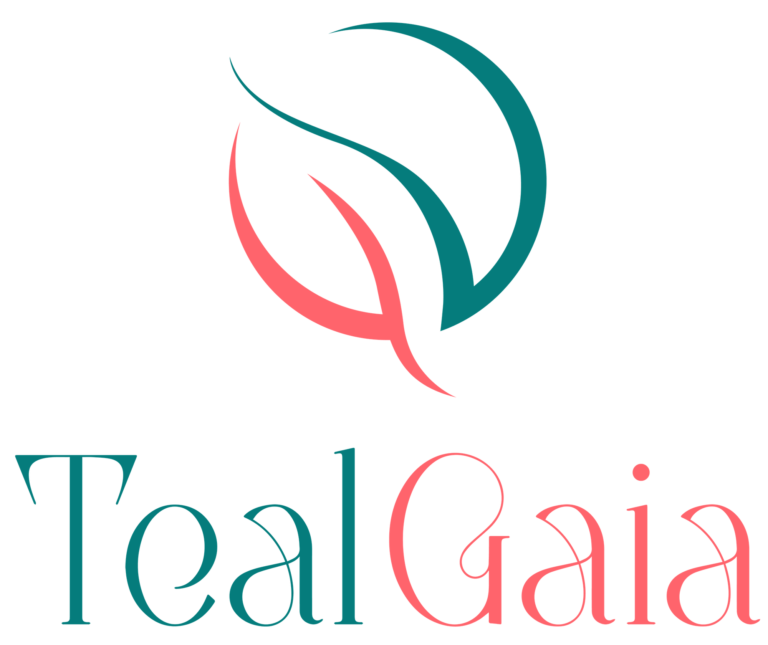SALE - 25% off all KORKOMA products!
Our new MONCH MONCH Collection is here!
Free shipping on orders over 65$

Explore interesting facts that shaped history of dietary supplements!
Dietary supplements, encompassing vitamins, minerals, herbs, and other botanicals, have become a staple in modern health and wellness routines. These products aim to bridge nutritional gaps and support overall health when dietary intake falls short. The foundation of dietary supplements lies in natural ingredients, which have been integral to human health practices for millennia. This article traces the evolution of dietary supplements, highlighting the significance of natural remedies and scientific advancements in shaping today’s multibillion-dollar industry.
Originating in India over 5,000 years ago, Ayurveda emphasized the therapeutic use of herbs and plants. Key ingredients like ashwagandha for stress relief, triphala for digestion, and turmeric for inflammation were central to this practice. Modern research supports these uses, as studies have confirmed turmeric’s curcumin compound to have potent anti-inflammatory properties (Aggarwal et al., 2018).
Interesting Fact: The “Charaka Samhita,” an ancient Ayurvedic text, documents over 500 medicinal plants and their uses, many of which remain relevant in modern medicine.
Traditional Chinese Medicine (TCM) utilized ginseng for energy, goji berries for antioxidants, and green tea for metabolic health. These ingredients remain popular today, with studies validating their roles in enhancing immunity and cardiovascular function (Wang et al., 2019).
Interesting Fact: The “Shennong Ben Cao Jing,” a Chinese pharmacopeia over 2,000 years old, categorized herbal remedies into superior, medium, and inferior classes based on efficacy and safety.
The Greeks and Romans adopted the philosophy of “food as medicine,” using natural remedies such as elderberries for immune support and mint for digestion. Similarly, Native American practices included cranberries for urinary health and echinacea for respiratory infections, aligning with modern findings on their medicinal efficacy (Adams et al., 2015).
Interesting Fact: The term “pharmacology” originates from the Greek word “pharmakon,” meaning drug or remedy, reflecting the deep integration of medicinal plants in Greek practices.
During the medieval era, herbal medicine gained prominence through works like “De Materia Medica” by Dioscorides. This text cataloged hundreds of medicinal plants, including early mentions of turmeric’s uses. The Renaissance period facilitated cross-cultural exchanges that expanded knowledge of natural remedies, influencing European and Islamic medical traditions (McGovern et al., 2010).
Interesting Fact: “De Materia Medica” was the authoritative text on medicinal plants for over 1,500 years, shaping botanical pharmacology in Europe and beyond.
The Industrial Revolution marked a shift from traditional medicine to pharmacology. Advances in science led to the isolation of active compounds, such as salicylic acid from willow bark, which later inspired aspirin. Turmeric also began transitioning from a culinary spice to a therapeutic compound as its anti-inflammatory benefits became widely studied.
Interesting Fact: Johann Buchner’s discovery of salicylic acid in 1828 linked traditional remedies to modern pharmacology and paved the way for synthesized drugs like aspirin.
The 20th century saw the discovery of essential vitamins, including Vitamin C to combat scurvy and Vitamin D to prevent rickets. This period revolutionized public health, introducing supplements as a practical solution to address widespread nutritional deficiencies (Smith et al., 2020).
Herbal supplements, including turmeric, ginkgo biloba, and echinacea, gained prominence as science validated their traditional uses. Research into curcumin, turmeric’s active compound, demonstrated its efficacy in reducing joint inflammation and supporting skin health (Ahmadi et al., 2020).
The Dietary Supplement Health and Education Act (DSHEA) of 1994 established clear safety and labeling standards, legitimizing the supplement industry and fostering consumer trust (FDA, 1994).
Interesting Fact: The term “vitamin” was coined by Casimir Funk in 1912, derived from “vital amines” after he discovered thiamine (Vitamin B1).
The 21st century has seen a surge in demand for organic and plant-based supplements. Ingredients like turmeric, resveratrol, and spirulina have gained popularity for their antioxidant and anti-inflammatory properties, with studies linking them to chronic disease prevention (Sharma et al., 2019).
Enhancing the bioavailability of natural compounds has become a priority. Liposomal delivery systems and nanoemulsion technologies have improved the absorption of fat-soluble ingredients like curcumin, ensuring maximum therapeutic benefits.
Sustainable sourcing of ingredients, such as organic turmeric cultivation, has become crucial. Research highlights that environmentally friendly farming methods not only preserve soil health but also enhance the potency of bioactive compounds (Kumar et al., 2022).
Interesting Fact: Resveratrol, found in red wine, gained fame as the explanation for the “French Paradox,” linking moderate wine consumption to lower rates of heart disease despite high-fat diets.
Vitamins like Vitamin D and Vitamin C remain foundational in dietary supplements. Vitamin D supports bone and immune health, while Vitamin C’s antioxidant properties are vital for cellular repair and immune defense.
Herbs like turmeric, ginseng, and milk thistle are widely recognized for their health benefits. Turmeric, for example, is frequently used for joint support and skin health, backed by research demonstrating its role in reducing inflammation and improving mobility (Gupta et al., 2021).
Functional foods such as spirulina and chlorella provide dense nutrition, while probiotics like lactobacillus strains enhance gut health and immunity. These ingredients address modern health concerns, including digestive disorders and chronic inflammation.
Ensuring the authenticity of natural ingredients remains a challenge due to complex global supply chains. Rigorous testing and transparent sourcing are essential to maintain consumer trust.
Advances in genomics are driving the development of DNA-based supplementation, allowing consumers to receive personalized recommendations tailored to their unique health profiles.
Raising awareness about the differences between natural and synthetic supplements and the importance of bioavailability will be pivotal in shaping consumer choices.
The journey of dietary supplements from ancient remedies to modern formulations reflects a remarkable fusion of tradition and science. Natural ingredients like turmeric remain central to the industry, offering proven health benefits that align with contemporary wellness trends. As innovation and sustainability shape the future, dietary supplements will continue to evolve, ensuring their relevance for generations to come.
Feel free to find more about the KORKOMA products to support your wellbeing.
References

We will let you know when we have new arrivals, events and promos. Don't worry we send them infrequently, just a friendly hi now and again!

*These statements have not been evaluated by the Food and Drug Administration. This product is not intended to diagnose, treat, cure or prevent any disease.
© 2023 Teal Gaia. All right reserved.
Thank you for contacting us at TealGaia. Please leave a detailed message below and we will get back to you as soon as possible.
Please note that our working hours are 8am-8pm EST, MON-FRI (except for holidays).